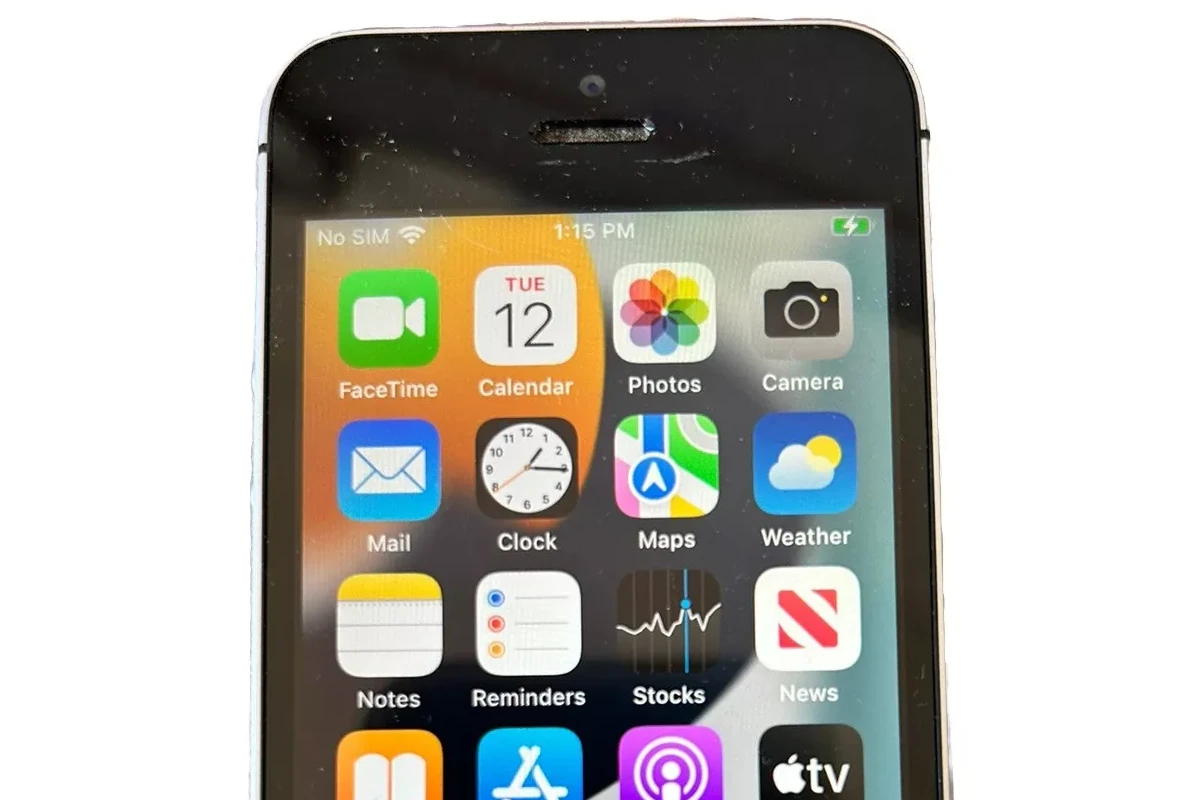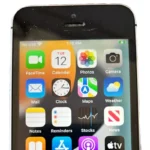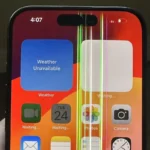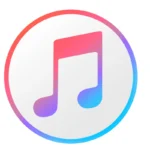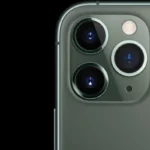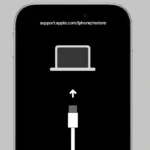The iPhone SE 1st Generation marked Apple’s return to compact smartphones in 2016. This budget-friendly device packed powerful internals into a smaller form factor. The iPhone SE combined the familiar 4-inch design of the iPhone 5s with updated hardware, including the A9 chip and 12-megapixel camera from the iPhone 6s.
Apple aimed this model at users who preferred a more pocketable phone without sacrificing performance. The SE offered Touch ID fingerprint recognition and Apple Pay support, bringing modern features to the classic design. It appealed to both budget-conscious buyers and those nostalgic for smaller iPhones.
While discontinued, the iPhone SE 1st Generation remains popular in the used market. Its compact size and capable specs still attract users seeking an affordable entry into the Apple ecosystem. The table below highlights key features of this enduring smartphone:
| Feature | Specification |
|---|---|
| Display | 4-inch Retina |
| Chip | A9 with M9 motion coprocessor |
| Camera | 12 MP rear, 1.2 MP front |
| Storage | 16/32/64/128 GB options |
| Battery | Up to 13 hours internet use |
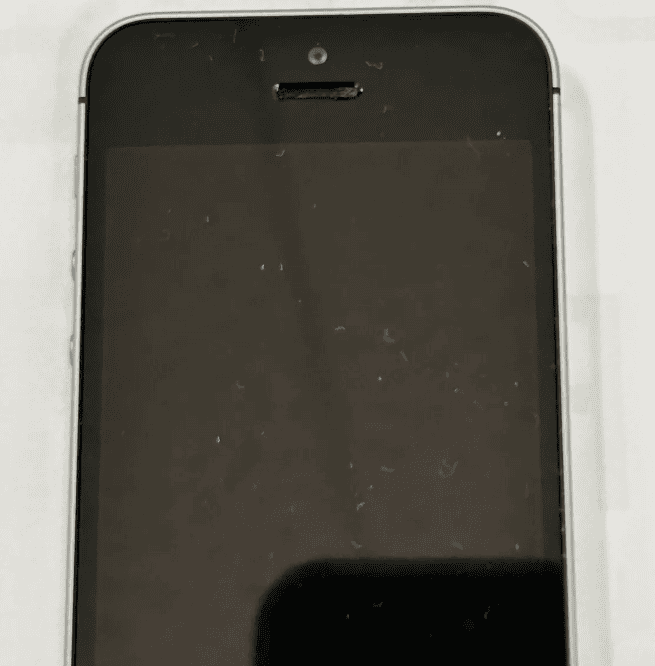
Reliving the iPhone SE (1st Generation): A Compact Powerhouse
Released in 2016, the first-generation iPhone SE was a notable entry in Apple’s smartphone lineup. It packed the power of the iPhone 6S into the compact body of the iPhone 5S. This made it a great choice for users who preferred smaller phones. Let’s take a look at its technical specs and how it holds up today.
Technical Specifications
The iPhone SE (1st generation) boasts impressive specs for its time, and some remain relevant even today:
| Feature | Specification |
|---|---|
| Display | 4-inch Retina display |
| Processor | A9 chip with 64-bit architecture |
| RAM | 2GB |
| Storage | 16GB, 32GB, 64GB, 128GB |
| Rear Camera | 12MP iSight camera with 4K video recording |
| Front Camera | 1.2MP FaceTime camera |
| Battery Life | Up to 14 hours talk time |
| Dimensions | 4.87 inches tall, 2.31 inches wide, 0.30 inches thick |
| Weight | 3.99 ounces |
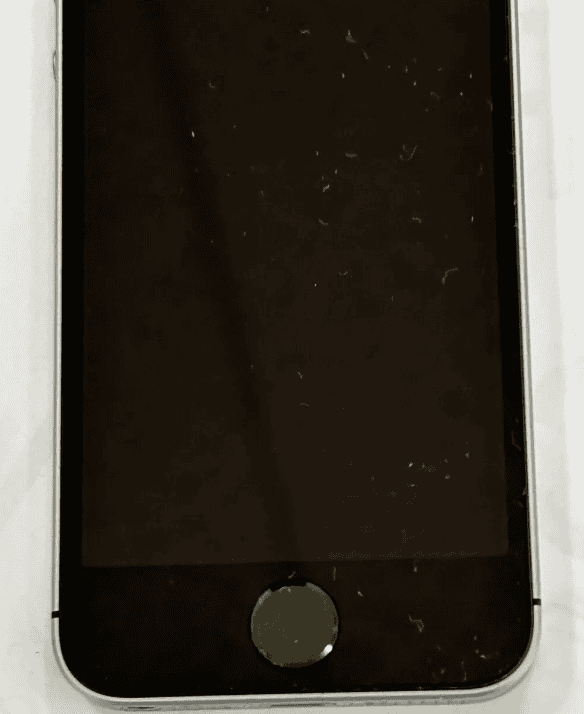
Usability in 2025
While the iPhone SE (1st generation) may not be the latest and greatest, it can still be a usable device in 2025, especially for specific purposes:
- Secondary device: Its compact size makes it ideal as a secondary phone for travel or specific tasks.
- Beginner smartphone: It’s a good option for first-time smartphone users or children due to its affordability and ease of use.
- Nostalgia: For those who appreciate the classic iPhone design and home button, it offers a nostalgic experience.
However, there are some limitations:
- Smaller screen: The 4-inch screen may feel cramped for modern apps and media consumption.
- Limited software support: The iPhone SE (1st generation) may not support the latest iOS versions, limiting access to new features and security updates.
- Battery life: The battery life may have degraded over time, requiring frequent charging.
Is it Worth Buying in 2025?
If you can find an iPhone SE (1st generation) in good condition and at a reasonable price, it might be worth considering for specific use cases. However, for most users, a newer iPhone model will offer a better overall experience.
iPhone SE (2nd and 3rd Generation): Updated Options
If you like the idea of a smaller, budget-friendly iPhone but need something more modern, consider the 2nd or 3rd generation iPhone SE models.
iPhone SE (2nd Generation)
Released in 2020, the iPhone SE (2nd generation) features:
- A13 Bionic chip
- 4.7-inch Retina HD display
- Home button with Touch ID
- Improved camera with Portrait mode
- Longer battery life
iPhone SE (3rd Generation)
Released in 2022, the iPhone SE (3rd generation) offers further improvements:
- A15 Bionic chip for even faster performance
- 5G connectivity for faster downloads and streaming
- Improved battery life
- Better camera with Smart HDR 4
Both the 2nd and 3rd generation iPhone SE models provide a more up-to-date experience while retaining the compact form factor and affordability that the original SE was known for.
Is the iPhone SE (1st generation) still Worth Buying in 2025?
The iPhone SE (1st generation) was an important device when it was released, but it may not work well in 2025 for several reasons. The technology is outdated, making this phone a poor choice for the future. Whether to use the iPhone SE (1st generation) in 2025 depends on your needs. If you want better performance, software updates, and a bigger screen, consider a newer iPhone model. But if you just need a small and affordable phone for basic tasks, the iPhone SE (1st generation) could still work for you.
- Outdated hardware: The A9 chip, while powerful in 2016, struggles to keep up with the demands of modern apps and iOS updates. This can result in slower performance and occasional lag.
- Software limitations: As Apple continues to release new iOS versions with enhanced features, the iPhone SE (1st generation) may not be able to support them. This can lead to compatibility issues with apps and security vulnerabilities.
- Smaller screen size: The 4-inch display might feel cramped compared to the larger screens of newer smartphones. This can hinder comfortable web browsing, video watching, and gaming.
- Battery life: The battery life of older iPhones tends to degrade over time. You might find yourself needing to charge the phone more frequently, which can be inconvenient.
- Limited storage: If you have the 16GB or 32GB model, you might find it challenging to store photos, videos, and apps due to limited storage space.
However, the iPhone SE (1st generation) can still serve specific purposes in 2025:
- Backup phone: Its compact size and affordability make it a suitable backup device in case your primary phone is lost or damaged.
- Dedicated music player: You can use it as a dedicated music player with your favorite downloaded songs or streaming services.
- First smartphone for children: It can be a good starter phone for children due to its simple interface and smaller size, which might be easier for them to handle.
Design and Build Quality
The iPhone SE 1st generation boasts a compact design with premium construction. It features a classic look that emphasizes portability and ease of use while maintaining high-quality materials.
Dimensions and Weight
The iPhone SE 1st generation measures 123.8 mm tall, 58.6 mm wide, and 7.6 mm thick. This compact build makes it easy to use with one hand and slip into any pocket.
At just 113 grams, it’s one of the lightest iPhones ever made. The device sports an aluminum body with a stainless steel Apple logo on the back.
You’ll find the Lightning connector at the bottom for charging and data transfer. Volume buttons and the silent switch are on the left side, while the power button sits on the top edge.
Display Specifications
The iPhone SE 1st generation comes with a 4-inch Retina display. This screen size offers a good balance between usability and portability.
It features a resolution of 1136 x 640 pixels, resulting in a pixel density of 326 PPI (pixels per inch). This high pixel density ensures sharp text and clear images.
The display uses IPS LCD technology, providing good color accuracy and wide viewing angles. It’s protected by scratch-resistant glass for durability.
| Display Spec | Value |
|---|---|
| Size | 4-inch |
| Resolution | 1136 x 640 |
| Pixel Density | 326 PPI |
| Technology | IPS LCD |
The screen’s brightness and color reproduction make it suitable for indoor and outdoor use. Its compact size contributes to the phone’s overall pocketable design.
Hardware and Performance
The iPhone SE 1st generation packs powerful internals into a compact form factor. It offers impressive performance for its size and price point.
Processor and RAM
The iPhone SE 1st generation features the Apple A9 chip, providing snappy performance for everyday tasks. This 64-bit processor delivers smooth operation for apps and games. The A9 chip includes an embedded M9 motion coprocessor to handle fitness tracking and “Hey Siri” functionality.
The device comes with 2GB of RAM. This amount of memory allows for efficient multitasking and app switching. You can expect responsive performance when using multiple apps or browsing content-heavy websites.
| Component | Specification |
|---|---|
| Processor | Apple A9 |
| RAM | 2GB |
Storage Options
You can choose from three storage capacities for the iPhone SE 1st generation:
- 16GB
- 32GB
- 64GB
- 128GB
The 16GB option is best for light users who rely mostly on cloud storage. If you store lots of photos, videos, or apps, the 64GB or 128GB models offer more flexibility. The 32GB version strikes a balance between price and capacity for average users.
Consider your usage habits when selecting storage. Apps, photos, and iOS updates can quickly fill up space on smaller capacity models.
Software and Features
The iPhone SE (1st generation) offers a robust operating system and extensive language support. These features enhance functionality and accessibility for users worldwide.
Operating System
The iPhone SE (1st generation) runs iOS, Apple’s mobile operating system. It launched with iOS 9.3 and can be updated to newer versions. iOS provides a user-friendly interface and access to the App Store.
Key iOS features include:
- Siri: Apple’s voice assistant helps you set reminders, send messages, and find information.
- iCloud: Syncs your data across Apple devices.
- Apple Pay: Enables secure contactless payments.
- Touch ID: Fingerprint sensor for device unlocking and app authentication.
iOS updates bring new features and security improvements. The iPhone SE (1st generation) supports several major iOS versions, extending its usability.
Supported Languages
The iPhone SE (1st generation) offers multilingual support, making it accessible to users around the world. You can choose from numerous languages for the device interface, keyboard, and Siri.
Supported features include:
- Multiple keyboard layouts
- Language-specific autocorrect and predictive text
- Bilingual dictionaries
- Region-specific formatting for dates, times, and numbers
| Feature | Languages Supported |
|---|---|
| iOS Interface | 30+ |
| Siri | 20+ |
| Keyboard | 40+ |
The device also supports a wide range of emoji, allowing for expressive communication across languages and cultures.
Camera System
The iPhone SE (1st generation) features a capable camera system with advanced capabilities for its time. It offers high-quality photo and video capture in a compact device.
Main Camera Capabilities
The iPhone SE (1st generation) comes equipped with a 12-megapixel main camera. This resolution allows you to capture detailed images suitable for printing or sharing on social media.
The camera includes autofocus technology for sharp shots. You can tap to focus or use face detection for portraits. The f/2.2 aperture lens lets in ample light for better low-light performance.
HDR (High Dynamic Range) mode helps balance bright and dark areas in challenging lighting conditions. You can also use the True Tone flash for more natural-looking illumination in dim settings.
Video Recording Features
The iPhone SE (1st generation) supports 4K video recording at 30 frames per second. This high resolution captures more detail than standard HD video.
For smoother motion, you can record 1080p HD video at 60 fps. Slow-motion video is available at 240 fps in 720p quality.
The camera offers continuous autofocus during video recording. This keeps your subjects sharp as they move. You can also tap to adjust exposure while filming.
| Video Resolution | Frame Rates |
|---|---|
| 4K | 30 fps |
| 1080p HD | 60, 30 fps |
| 720p HD | 240 fps |
Time-lapse video with stabilization lets you create interesting effects. The iPhone automatically adjusts capture rates based on recording length and movement in the scene.
Frequently Asked Questions
The iPhone SE 1st generation sparked curiosity among consumers. Here are answers to common queries about this compact yet powerful device.
What is the launch price of the iPhone SE 1st generation?
The iPhone SE 1st generation launched at $399 for the base model. This price point made it an attractive option for users seeking Apple’s quality at a more affordable cost.
When was the iPhone SE 1st generation officially released?
Apple officially released the iPhone SE 1st generation in March 2016. It quickly gained popularity as a budget-friendly alternative to larger iPhone models.
Can you detail the specifications of the iPhone SE 1st generation?
The iPhone SE 1st generation features a 4-inch Retina display and an A9 chip. It has a 12MP rear camera and a 1.2MP front camera. The device comes with either 16GB or 64GB of storage.
| Feature | Specification |
|---|---|
| Display | 4-inch Retina |
| Chip | A9 |
| Rear Camera | 12MP |
| Front Camera | 1.2MP |
| Storage | 16GB or 64GB |
How long does the battery typically last in the iPhone SE 1st generation?
The iPhone SE 1st generation’s battery life varies based on usage. On average, you can expect up to 13 hours of internet use on Wi-Fi or up to 13 hours of video playback.
Up to which version of iOS can the iPhone SE 1st generation be updated?
You can update your iPhone SE 1st generation to iOS 15. This allows you to enjoy many modern features and security updates, extending the device’s usability.
What types of cases are compatible with the iPhone SE 1st generation?
Cases designed for the iPhone 5 and 5s are compatible with the iPhone SE 1st generation. You’ll find a wide range of options, from slim cases to rugged protective covers, to suit your style and needs.

